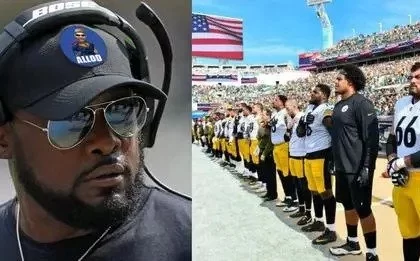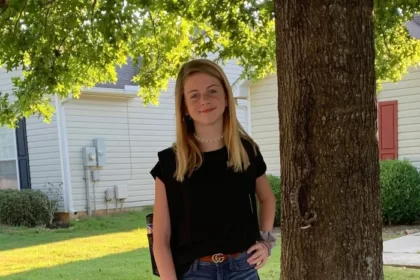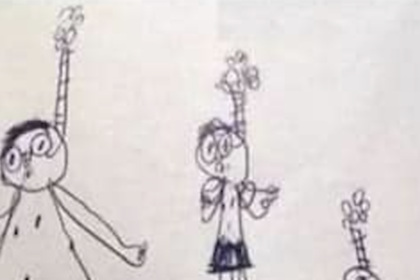M*A*S*H, the iconic sitcom set in the midst of the Korean War, evolved from a lighthearted comedy to a show that engaged with the more solemn and difficult aspects of war. Led by star Alan Alda, who himself served in the military before portraying heroic surgeon Hawkeye Pierce, the series delved into the reality of war, even within the framework of a comedy.
Many cast members and creative contributors to M*A*S*H had military experience, including Alda, co-star Jamie Farr, and former cast member McLean Stevenson. The show’s creators, Gene Reynolds and Larry Gelbart, were also veterans, which influenced their commitment to portraying the subject matter seriously.
Despite the show’s origins as a sitcom adaptation of an anti-war movie, M*A*S*H gradually shifted to tackle more serious themes, reflecting the experiences of its cast and creators. Alda, in particular, was determined to keep the show realistic and avoid devolving into frivolous storytelling.
While Alda’s own military service was brief and uneventful compared to the experiences of many soldiers, it provided him with insights into the realities of war. He witnessed the impact of war on soldiers firsthand and aimed to convey that authenticity in M*A*S*H, ensuring that the show didn’t gloss over the seriousness of its subject matter.
Interestingly, the original author of the M*A*S*H novel, as well as the movie’s director, expressed dislike for the television series. They felt that it deviated from their vision and didn’t appreciate its anti-war sentiment. However, M*A*S*H’s commitment to portraying the human toll of war, including loss and despair, resonated with audiences and critics alike.
In its final episode, M*A*S*H confronted the exhaustion and disillusionment felt at the end of the Vietnam War, reflecting the broader societal context in which the show aired. Despite initial skepticism, M*A*S*H became a cultural touchstone, remembered for its blend of comedy and poignant storytelling about the harsh realities of war.





